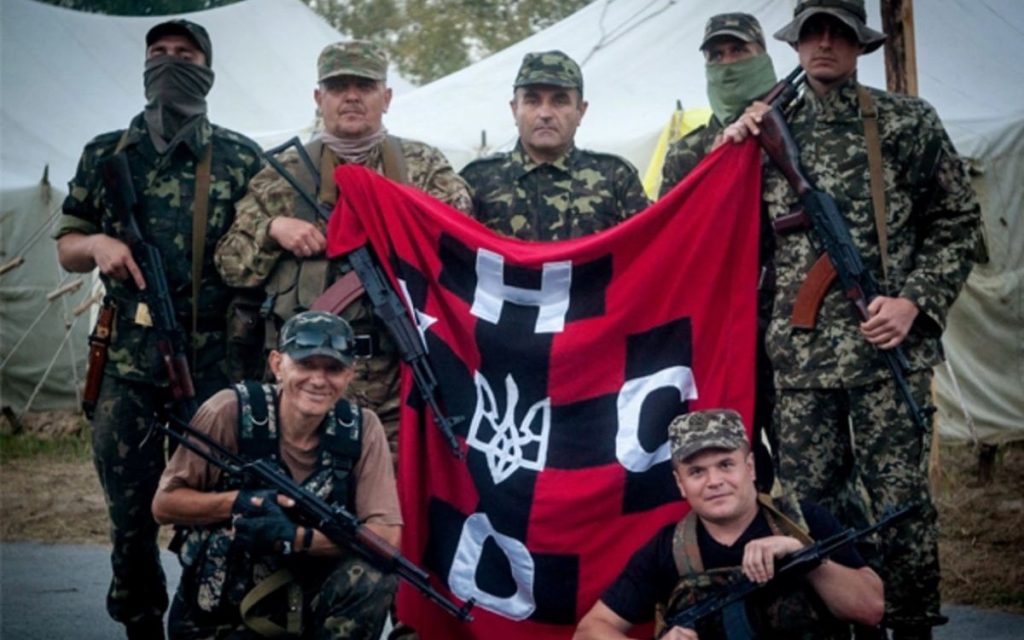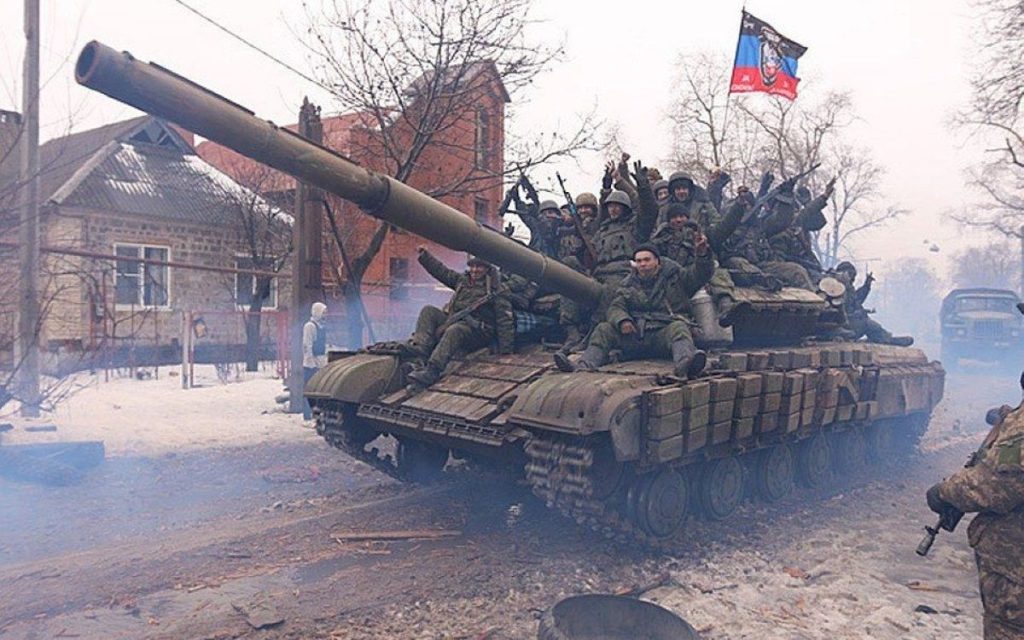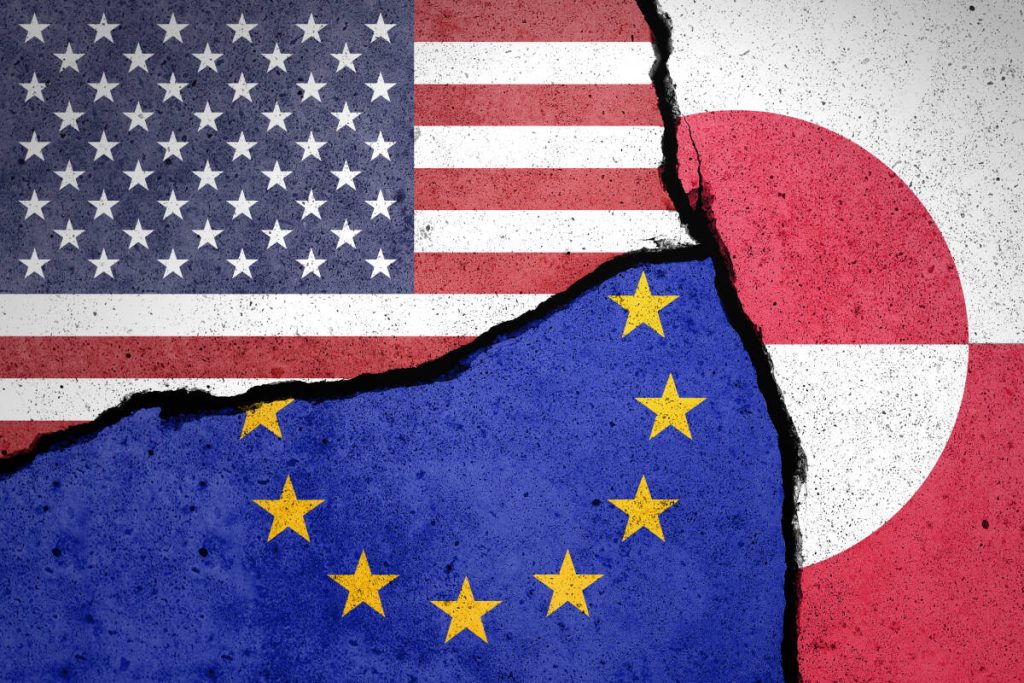Political tension is mounting in France ahead of a potential motion of no confidence in the Barnier government. On 25 November, Sébastien Chenu, deputy of the Rassemblement National (RN) and vice-president of the National Assembly, said that Emmanuel Macron could be forced to resign in the event of a prolonged paralysis of the country. These comments illustrate the desire of Marine Le Pen’s party to harden its stance against the executive and exert greater pressure in the current political negotiations.
A tense political climate
With the Barnier government facing growing defiance, particularly over controversial reforms, the possibility of a motion of censure seems to be gaining ground. For Sébastien Chenu, the situation could reach a point of no return if institutional or social blockages multiply. ‘If the country comes to a standstill, the President will have to step down. The responsibility will fall to Emmanuel Macron to put an end to a crisis that is becoming unbearable’, he said.
This statement marks an escalation in the discourse of the RN, which is seeking to capitalise on popular discontent with the policies of the head of state and his government. The party, which is positioning itself as the leading opposition force, wants to appear as the spokesperson for French people fed up with what it describes as the ‘authoritarian excesses’ of the executive.
An offensive political strategy
For several weeks now, the RN has been stepping up its attacks on the executive. Marine Le Pen’s party criticises the Barnier government for its inability to respond to the concerns of the French people, particularly in terms of purchasing power, immigration and security. In this context, the possible motion of censure is seen as a strategic lever to weaken the presidential majority and increase the pressure on Emmanuel Macron.
The RN’s strategy does not stop there. By strengthening its discourse, the party hopes to mobilise beyond its traditional electorate and attract other political groupings dissatisfied with government action.
A President under pressure
For his part, Emmanuel Macron faces a major challenge: maintaining the stability of his government while responding to increasingly critical public opinion. While the Head of State has so far avoided major crisis scenarios, the threat of a motion of censure, combined with a possible paralysis of the country, could further weaken his position.
For the time being, the executive is continuing its negotiations with the various political forces, while multiplying its appeals for calm. But the warning issued by Sébastien Chenu reflects a political climate in which each side is preparing for more intense confrontation in the weeks ahead.
If the negotiations fail and the motion of censure is adopted, France could enter a period of instability, with pressure for a presidential resignation becoming a central issue in the political debate.







